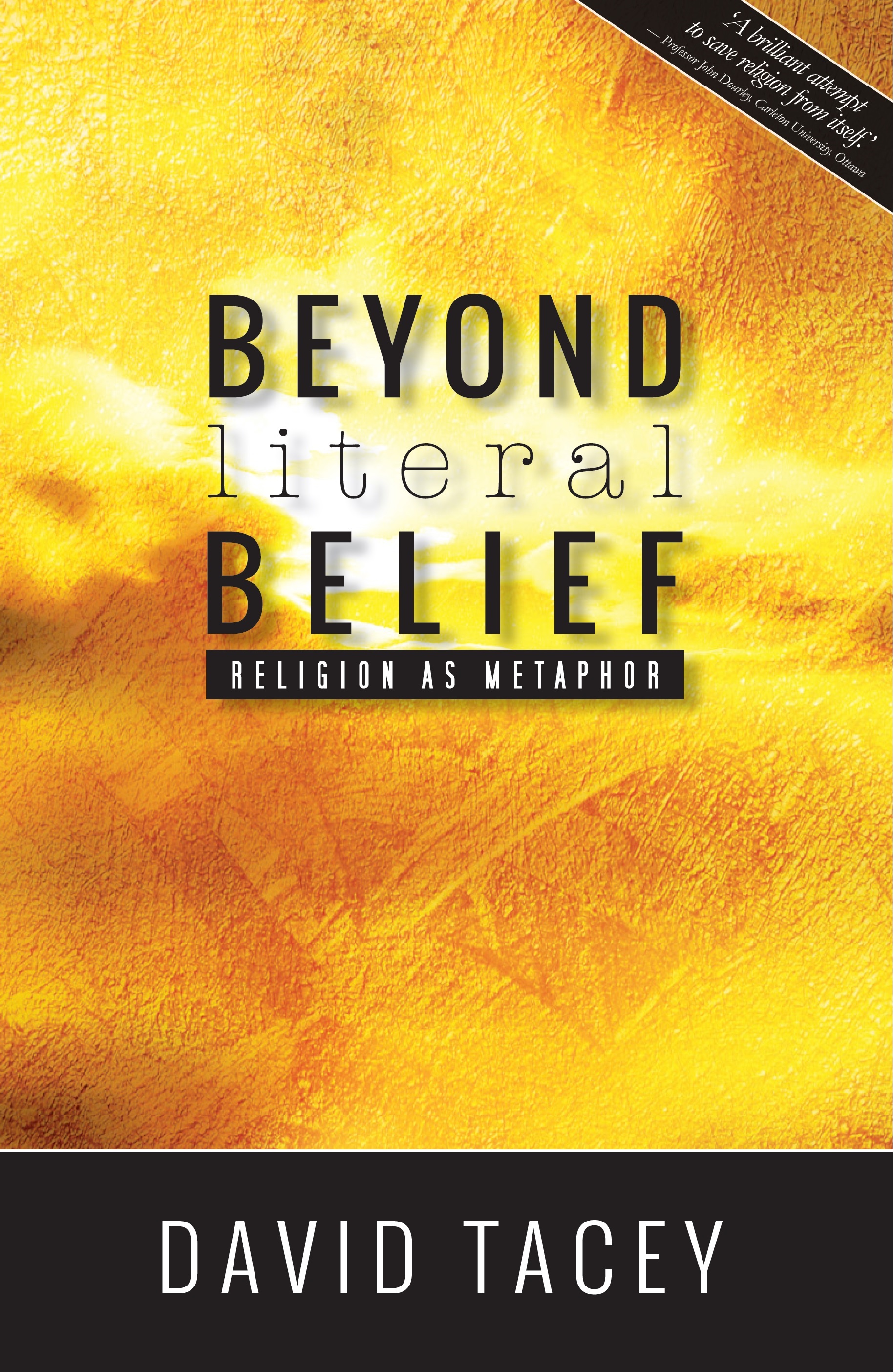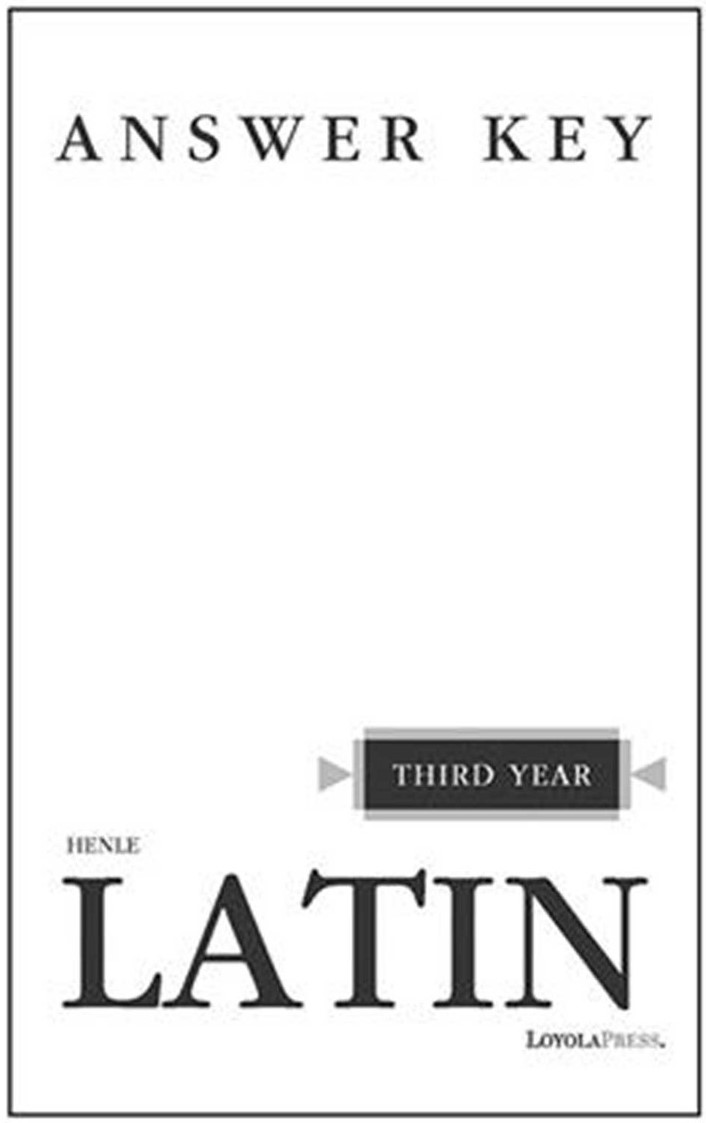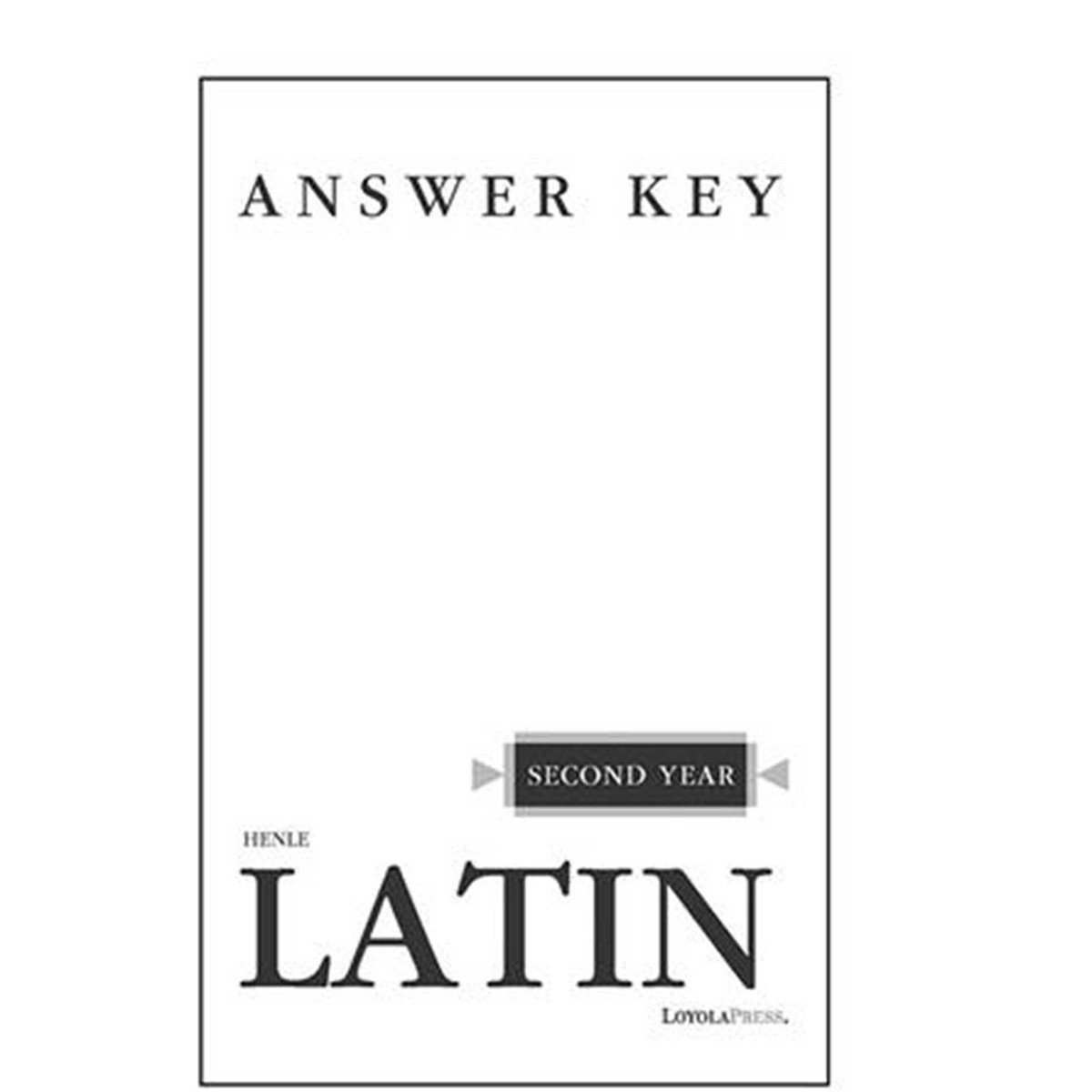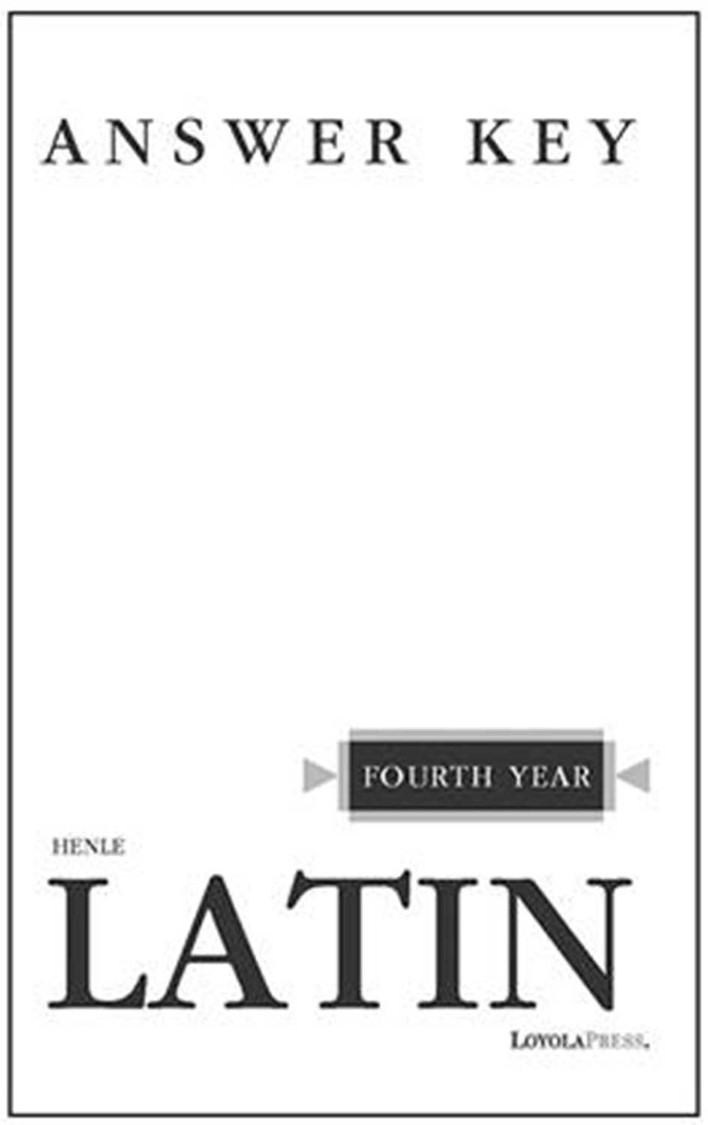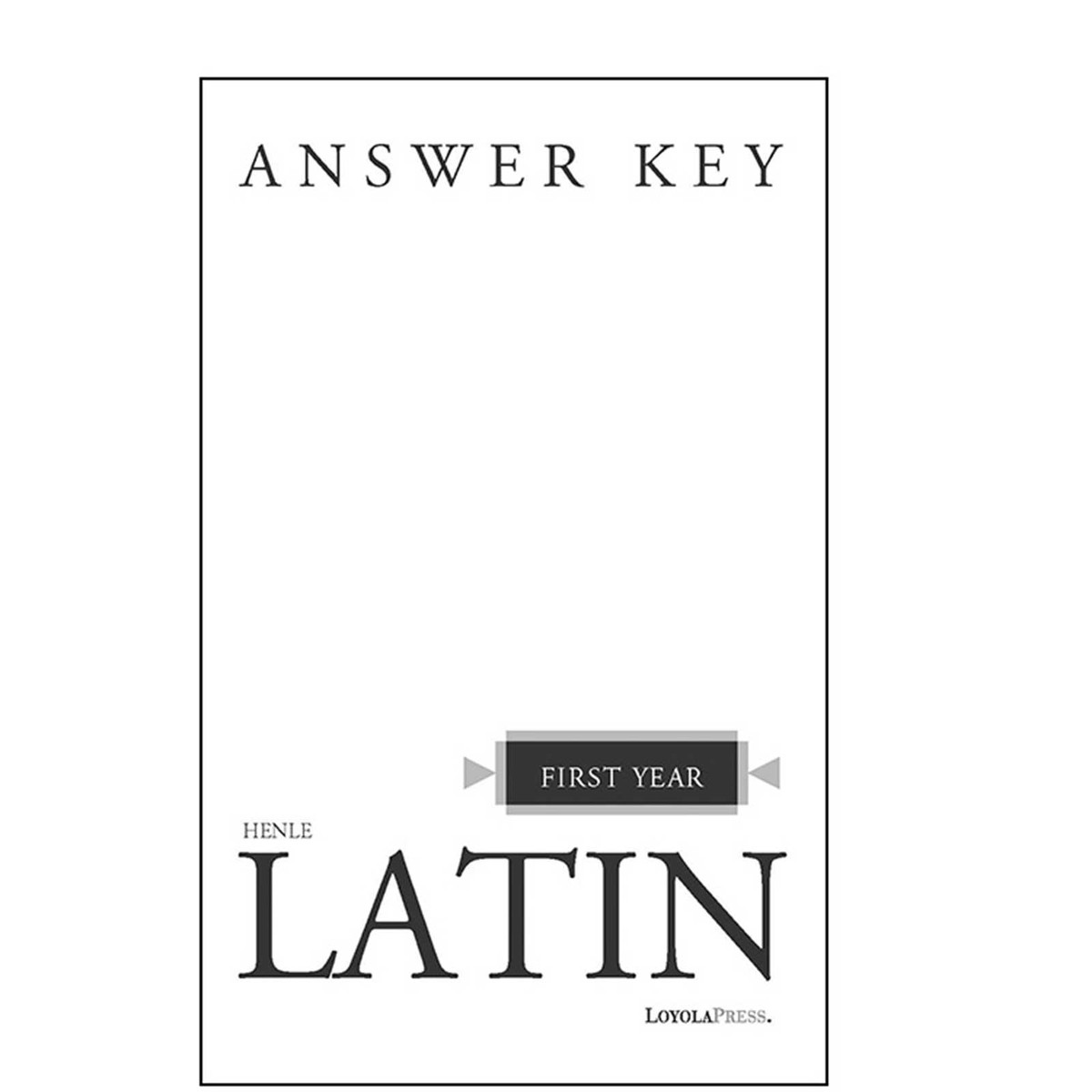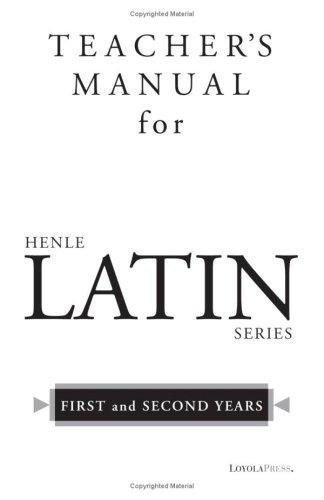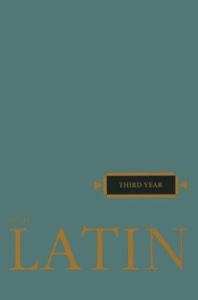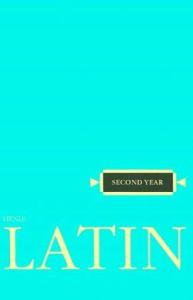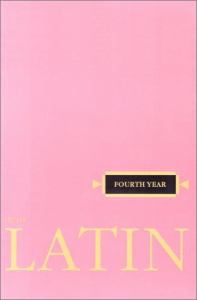Our problem in Catholic higher education is bigger than the collapse of ecclesial credibility and the behavior of the bishops, and it can’t be blamed solely on politics. From the dismantling of Vatican II in our Catholic universities, the functional anti-Catholicism now reigning in even “Catholic” higher education and to the loss of distinctive identity in what it means to be a Catholic thinker today shines a light on the growing identity crisis in Catholic higher education.
Many Catholic universities have put their Catholic mission at risk—by either ceding to secular neoliberal values or by doubling down on reactionary Catholic tribalism. Student enrollment declines as some schools market themselves no differently than mainstream colleges. Other, conversely, conservative Catholic colleges ally themselves with regressive elements of the Church. Both trends, Massimo Faggioli says, reflect a dismantling of Vatican II’s vision for Catholic education. Yet with Pope Francis rejecting exclusivism and pushing for diversity, inclusion, and social justice, there are openings to revive Catholic identity in a progressive spirit. Even as functional anti-Catholicism persists, dismissive of Catholic intellectual tradition as irrelevant, it is the “Catholic” university where the Church does its thinking. Faggioli scrutinizes this crisis in detail, advocating for a renewed progressive Catholic educational philosophy that rejects accommodation to secular technocracy and Catholic tribalism in order to embody inclusive, socially conscious values of Vatican II and Catholicism’s center.
Massimo Faggioli is professor of theology and religious studies at Villanova University and a contributing writer to Commonweal magazine and La Croix International. He was co-founder of the unit “Vatican II Studies” at the American Academy of Religion and is on the board of editors of the journal Concilium. His recent publications include The Oxford Handbook of Vatican II and The Liminal Papacy of Pope Francis: Moving Toward Global Catholicity
.

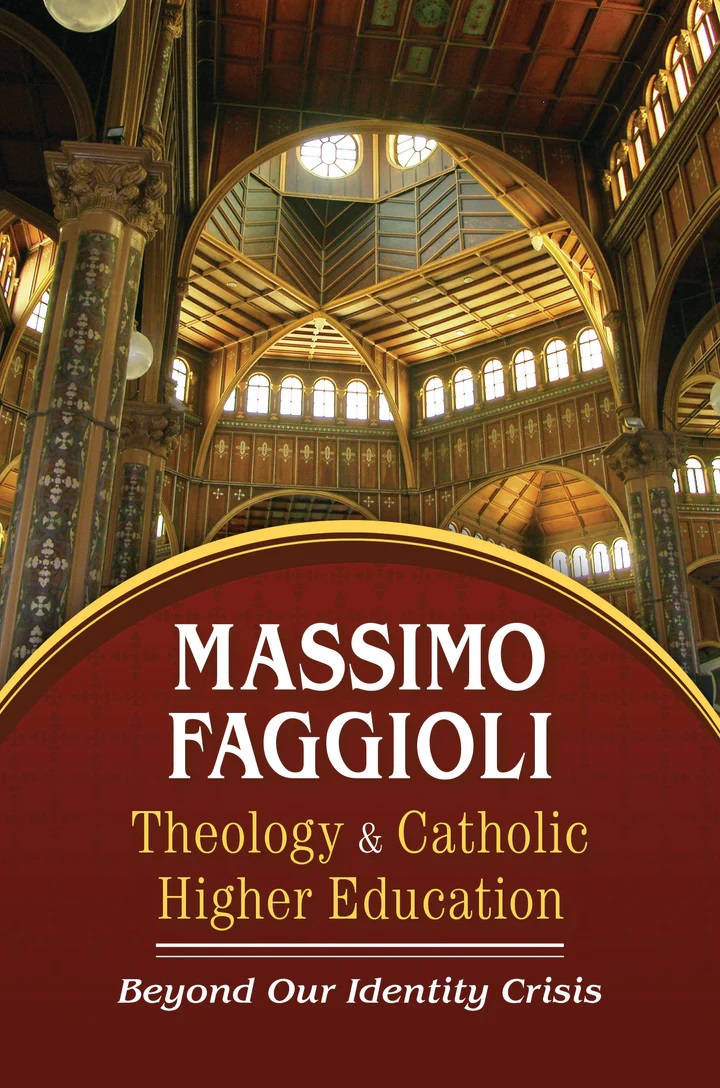
 Back
Back
